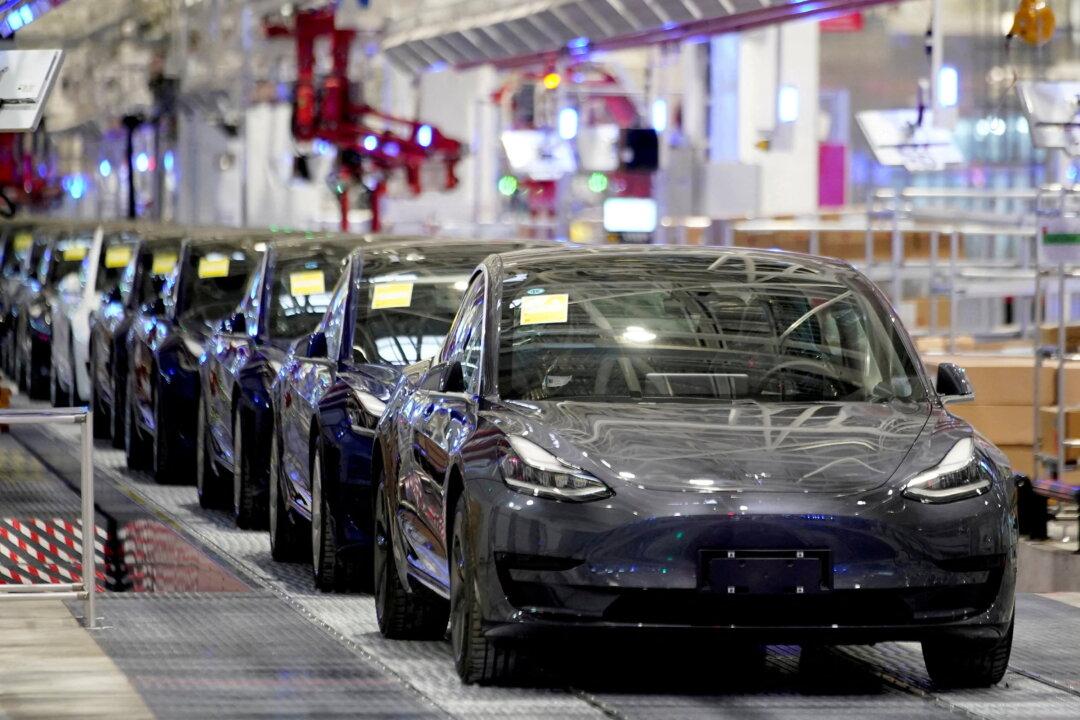After setting up shop in China to take advantage of its cheap, massive labor force, multiple carmakers are now planning to cut off ties with the Asian nation after concerns about supply chains arising from geopolitical tensions and COVID-19 disruptions.
The decision by the automakers is driven by two factors. The first is worries about a potential political decoupling between the West and China, similar to what Russia has undergone in the aftermath of its attack on Ukraine. If China were to face similar sanctions from the West, it would be terrible for business. The second factor is the uncertainty created by Beijing’s Covid-19 policy, which often forces plants to shut down in case of an outbreak with short notice, thus disrupting production.





